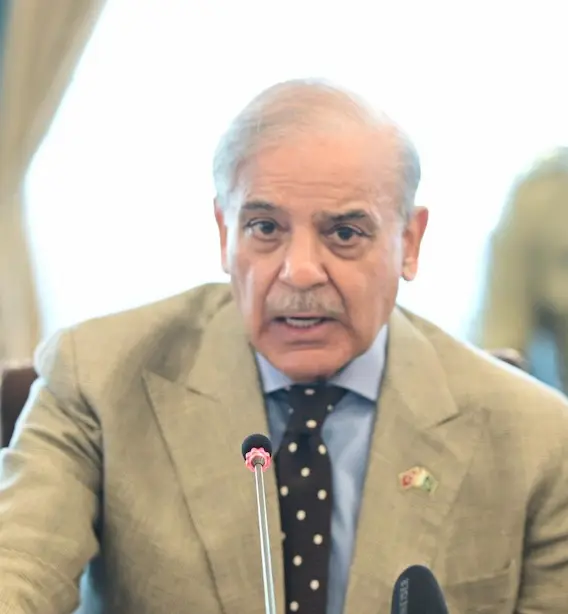
India’s unwavering stance on the Indus Waters Treaty has triggered a wave of emergency measures in Pakistan
India’s Bold Move: Turning Off the Tap
Water Wars Escalate – In a historic and controversial decision, India suspended the Indus Waters Treaty (IWT) in April 2025 following the Pahalgam terror attack, which was linked to Pakistan-based militants. The move, described by Indian officials as a necessary response to cross-border terrorism, marks a dramatic shift in South Asia’s water diplomacy.
The IWT, signed in 1960 under World Bank mediation, has long been hailed as a rare example of peaceful cooperation between the two nuclear-armed neighbours. It allocated the eastern rivers (Ravi, Beas, Sutlej) to India and the western rivers (Indus, Jhelum, Chenab) to Pakistan. However, India’s decision to hold the treaty “in abeyance” signals a new era of strategic assertiveness.
Prime Minister Narendra Modi’s declaration that “blood and water cannot flow together” has become the cornerstone of India’s hardened stance. The suspension is not merely symbolic it directly impacts Pakistan’s agricultural backbone, which relies heavily on the western rivers for irrigation and drinking water.
Pakistan’s Desperate Response: Dams, Diplomacy, and Denial
Faced with a looming water crisis, Pakistan’s Prime Minister Shehbaz Sharif announced a series of emergency measures to counter what he called India’s “weaponisation of water.” During a visit to the National Emergencies Operations Centre, Sharif vowed to fast-track the construction of “non-controversial” water storage projects, including the long-delayed Diamer-Bhasha Dam.
Sharif’s rhetoric was laced with urgency and defiance. He accused India of violating international law and described the treaty suspension as part of an “evil design” to destabilize Pakistan. “We will build this capacity with our own resources in the next few years,” he declared, emphasizing the role of the National Disaster Management Authority in executing the plan.
However, critics argue that these measures are more reactive than strategic. The Diamer-Bhasha Dam, first proposed in the 1980s, has faced decades of delays due to environmental concerns, funding issues, and regional disputes. Relying on such projects to resolve an immediate crisis may be overly optimistic.
Adding to the tension, Pakistan’s political leadership including former Foreign Minister Bilawal Bhutto-Zardari warned that any attempt by India to block water flow would be seen as an “existential threat,” potentially leading to war. This rhetoric, while aimed at rallying domestic support, risks escalating an already volatile situation.
Regional Fallout: Water, War, and the Future of Diplomacy
The Indus Waters Treaty has long been a stabilizing force in a region fraught with conflict. Its suspension not only threatens Pakistan’s water security but also sets a dangerous precedent for international water-sharing agreements. If treaties can be unilaterally suspended in response to geopolitical tensions, what does that mean for global water governance?
India’s move has drawn mixed reactions globally. While some view it as a justified response to terrorism, others worry about the humanitarian implications for Pakistan’s 240 million citizens, many of whom depend on the Indus Basin for survival.
Meanwhile, Pakistan has urged India to resume the treaty’s normal functioning, citing a recent ruling by the Permanent Court of Arbitration that reaffirmed the IWT validity. India, however, has rejected the ruling, maintaining that it does not recognize the court’s jurisdiction in this matter.
The diplomatic deadlock underscores a broader shift in South Asia’s power dynamics. India’s growing economic and geopolitical clout has emboldened it to take more assertive actions, while Pakistan’s internal instability and economic woes have limited its ability to respond effectively.
Conclusion:
The Indus Waters Treaty crisis is more than a bilateral dispute it’s a litmus test for the future of water diplomacy in an era of climate stress and geopolitical friction. As India holds firm and Pakistan scrambles for solutions, the world watches closely. Will this be a turning point toward sustainable conflict resolution, or the beginning of a new water war?
Stay updated with the latest news on Rapido Updates. Keep yourself updated with The World, India News, Entertainment, Market, Automobile, Gadgets, Sports, and many more